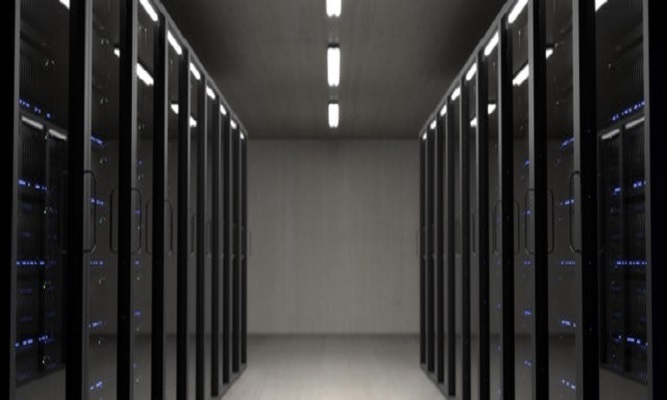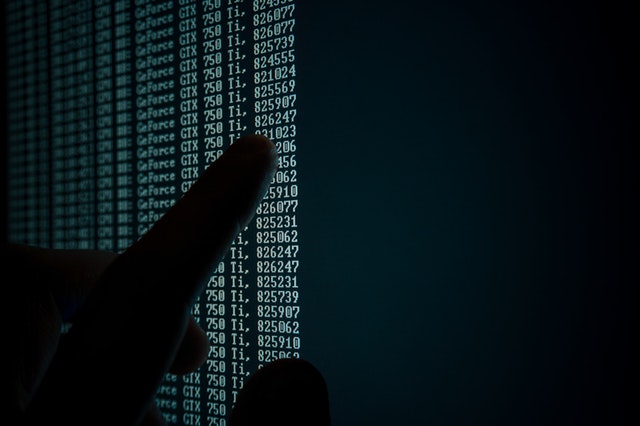Here’s Why AI Is So Power-Hungry – It Takes A Lot Of Energy For Machines To Learn
This month, Google forced out a prominent AI ethics researcher after she voiced frustration with the company for making her withdraw a research paper. The paper pointed out the risks of language-processing artificial intelligence, the type used in Google Search and other text analysis products.
Data centers like this Google facility in Iowa use copious amounts of electricity.
Chad Davis/Flickr, CC BY-SA
Among the risks is the large carbon footprint of developing this kind of AI technology. By some estimates, training an AI model generates as much carbon emissions as it takes to build and drive five cars over their lifetimes.
I am a researcher who studies and develops AI models, and I am all too familiar with the skyrocketing energy and financial costs of AI research. Why have AI models b...



